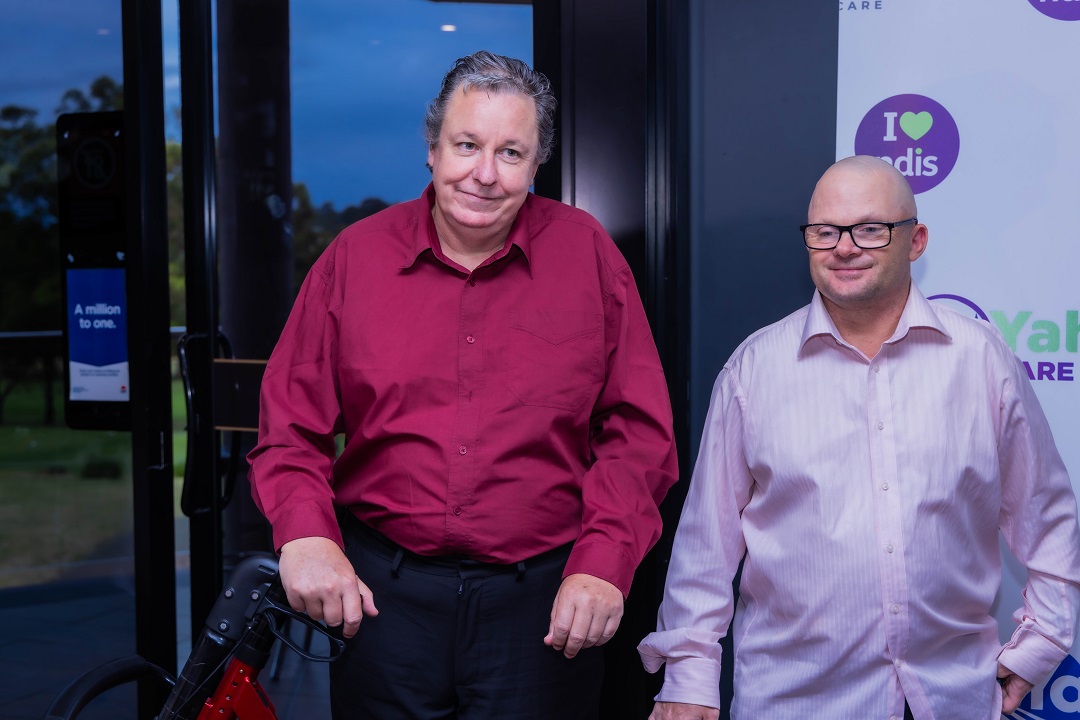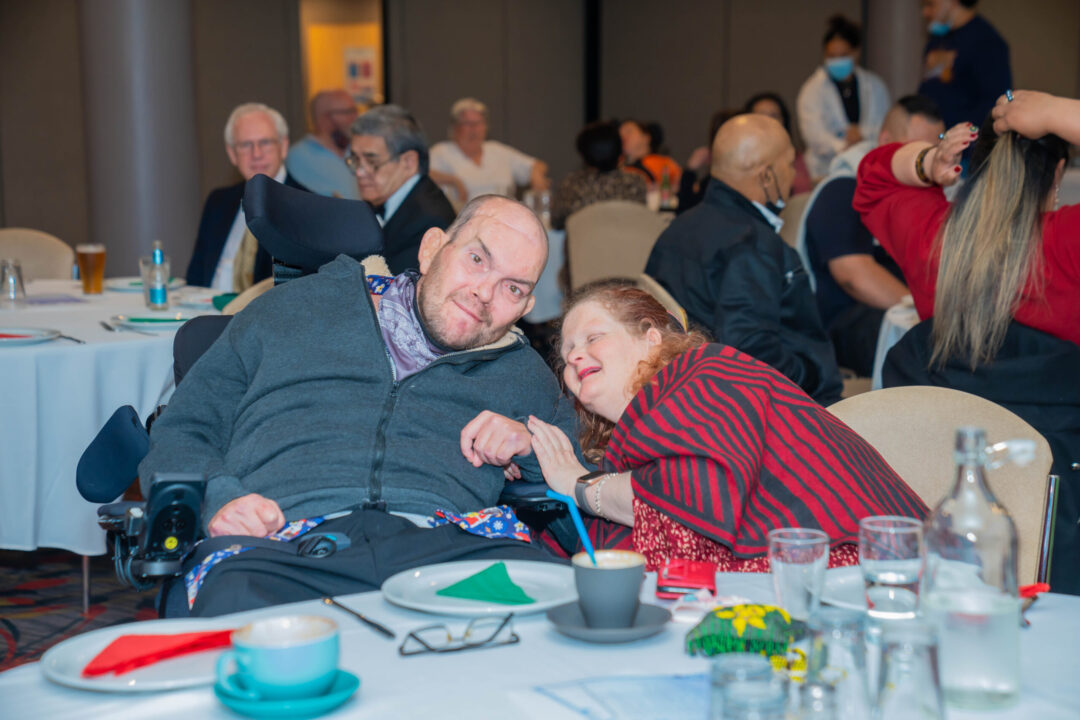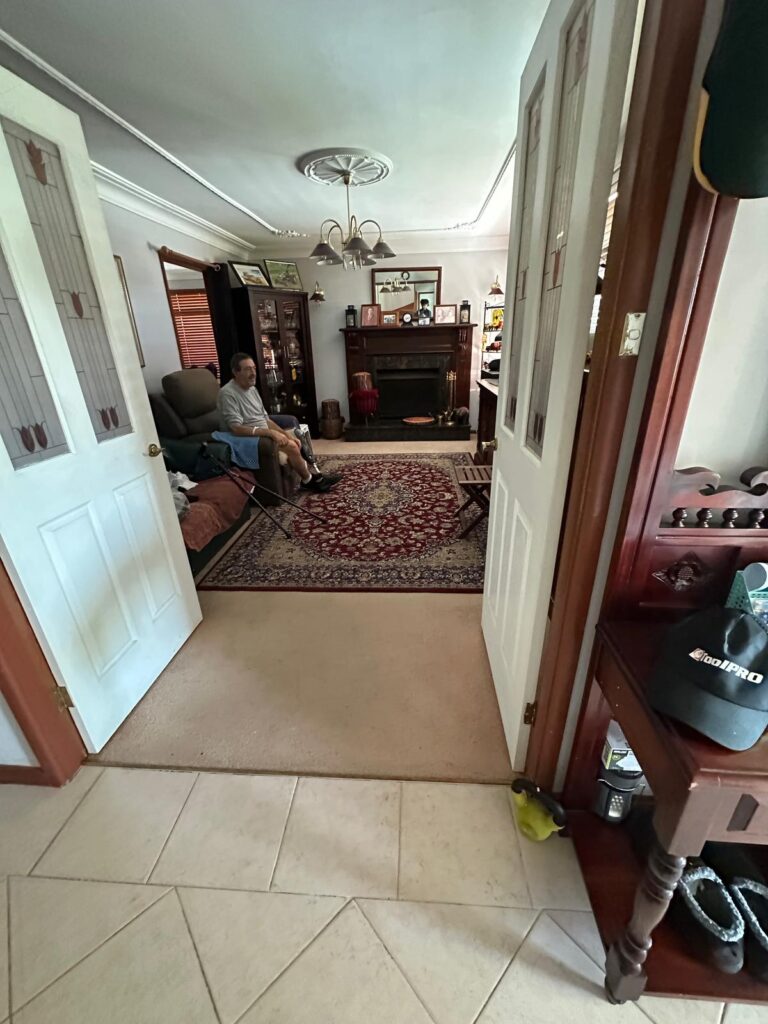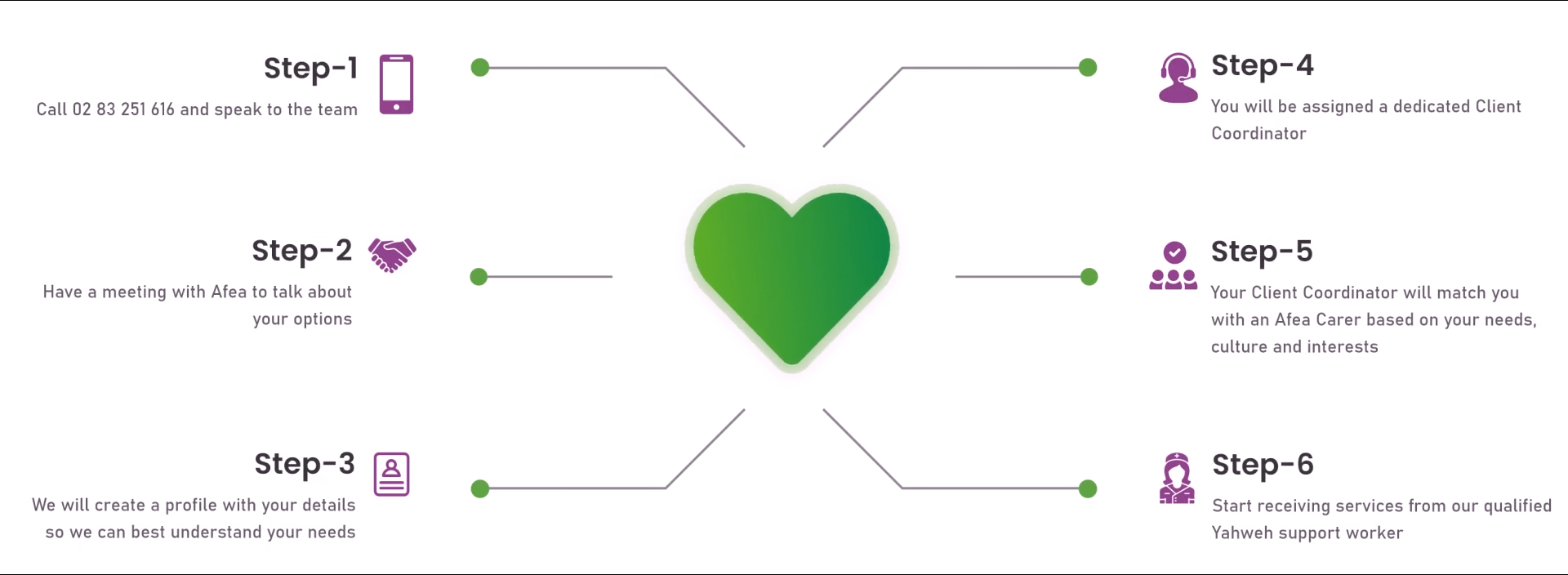SWITCH TO YAHWEH CARE
Providing care and holistic approach to NDIS participants aiming to create opportunities for you to live your best life.
Contact UsHow NDIS Psychosocial Support and daily living skills importance
If you’re living with a psychosocial disability, everyday tasks can sometimes feel overwhelming. That’s where the NDIS can make a real difference. It gives you access to the support you need. It is not just for your mental health, but also practical, day-to-day life.
Let’s discuss more about psychosocial support and how it impacts your daily living skills.

A psychosocial disability is a term used when mental health issues impact your ability to function daily. It might affect the following aspects of your life, including:
Managing emotions starts with recognizing your feelings and then using strategies to cope with their negative effects. Being unable to manage your emotions hinders you from responding to challenges in a more balanced and controlled way.
Effective communication with other people refers to self-expression. It is where you share your thoughts and feelings while listening and understanding other people’s perspectives. Without good communication, you might be unable to build stronger relationships.
Staying organized involves keeping track of tasks, appointments, and responsibilities in a way that reduces stress. If you can’t stay organized, you will not be able to manage your time better and stay focused on what’s important.
Building and maintaining relationships requires trust, open communication, and mutual respect. Not being able to find time for connection can lead to conflicts and complicate strong and healthy relationships.
Staying focused or motivated means setting clear goals and breaking them into smaller, manageable tasks. If you’re struggling with creating a routine and removing distractions, this may negatively impact your motivation, and you may find it hard to appreciate small wins.

Daily living skills are the everyday tasks you need to live independently. With the right support, you can build confidence in areas that may feel too hard or confusing.
Cooking and meal planning are important daily living skills. They involve shopping for ingredients, choosing healthy recipes, and preparing meals ahead of time. This skill helps you save time, stick to a budget, and avoid unhealthy last-minute choices.
Personal hygiene is a necessity. It includes regular activities like showering, changing clothes, brushing teeth, and washing hands. Establishing a routine for these tasks helps you feel refreshed and boosts self-confidence. Taking care of your hygiene also prevents illness and promotes overall well-being.
Time management involves organizing your tasks and setting priorities to best use your time. Using tools like calendars, reminders, and to-do lists can help you stay on track. You can reduce stress and increase productivity by breaking tasks into smaller steps and focusing on one thing at a time.

Housekeeping skills are also significant in life. They involve keeping your home clean, organized, and safe. This includes cleaning, laundry, organizing items, and household chores. Establishing a routine for these tasks can make them feel less overwhelmed and help maintain a comfortable and tidy home environment.
Financial skills are a must. They involve managing money, budgeting, and making informed decisions about spending and saving. They include tasks like paying bills on time, tracking expenses, and planning for future needs. Developing these skills helps you stay financially stable and reduces stress about money.
Using public transport involves planning your trips, understanding routes, and knowing bus, train, or tram schedules. It helps to carry a timetable or use apps to track your development. Familiarizing yourself with the system can increase your independence and make traveling more affordable.
Social interaction involves listening, talking, and engaging with others respectfully. It includes things like starting conversations, reading social cues, and responding appropriately. Building these skills can help you form meaningful engagement, feel more confident, and reduce feelings of isolation.
When you strengthen your daily living skills, you get more than just independence. You gain control. You get back a sense of confidence and structure. That’s essential for mental health recovery.
Sometimes, small wins make the biggest difference, like getting up, showering, and making breakfast. With each step, you build momentum.
The National Disability Insurance Scheme (NDIS) helps NDIS participants with psychosocial disabilities. The fund helps people living with a disability build skills, increase independence, and live a more stable, connected life. The scheme focuses on your needs, not just treatment, but support to live your life on your terms.
Not every NDIS plan includes psychosocial support services right away. You’ll need to show that your mental health condition causes ongoing challenges that impact your daily life.
If you already have a plan but feel it doesn’t cover your needs, ask for a review.
NDIS Psychosocial support isn’t a one-size-fits-all approach. It’s tailored to your life, challenges, and goals.
You have to choose the right carers and support resources that focus on your specific needs because you deserve the kind of support that respects your journey and helps you live independently.
If you struggle with tasks because of a mental health diagnosis, you deserve to feel capable and in control again. Whether it’s building routines, helping with managing emotions, practicing self-care, organizing your time, or building relationships, there’s support available.
Contact Yahweh Care for more information so you can build an NDIS plan that works for you. Take small steps and start living a better life.
Providing care and holistic approach to NDIS participants aiming to create opportunities for you to live your best life.
Contact Us


